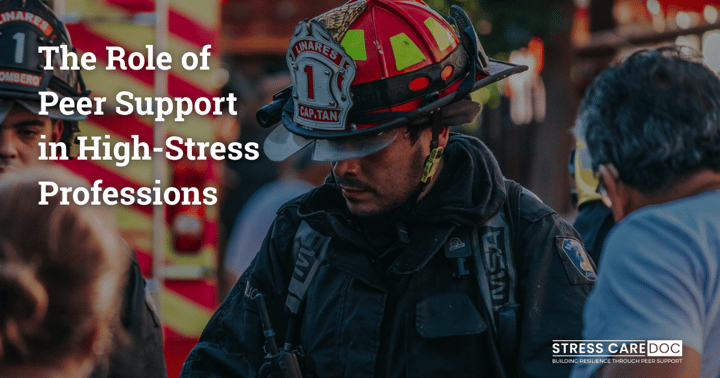Lt. Col. Dave Grossman on the Role of Sleep and Self-Control for First Responders

In high-stress professions like law enforcement and emergency response, the mental and emotional well-being of personnel is as critical as their physical readiness. Lt. Col. Dave Grossman, a renowned expert in the field of combat stress, recently shared invaluable insights into the vital areas of sleep management and emotional control. His work is instrumental for first responders striving to maintain their mental health and efficiency on the job. Listen to his interview here.
Understanding the Impact of Sleep Deprivation
One of the most underappreciated aspects of mental health and operational efficiency is sleep. Grossman emphasizes that sleep deprivation is not merely an inconvenience; it has severe repercussions for first responders. It affects cognitive function, emotional stability, and overall health. Grossman explains that going 24 hours without sleep can leave a person with the same level of cognitive impairment as someone who is legally drunk. The dangers of such impairment are magnified in high-stakes environments where decisions can mean the difference between life and death.
Moreover, chronic sleep deprivation is linked to a host of serious health issues, including an increased risk of developing conditions like Alzheimer's disease, heart disease, and obesity. It also has a direct connection to increased risks of suicide and accidents — both of which are significant concerns for first responders.
Strategies for Better Sleep
To combat the effects of sleep deprivation, Grossman recommends several practical steps. First and foremost is the importance of sleeping in total darkness, as even the slightest bit of light can disrupt the body's production of melatonin, the hormone responsible for regulating sleep. He suggests using a high-quality sleep mask to block out all light, thus enhancing the quality of sleep.
Another tip is to manage caffeine intake wisely. Caffeine has a half-life of about five hours, meaning that consuming it late in the day can significantly impair one's ability to fall asleep at night. Grossman advises avoiding caffeine after lunch to ensure it doesn't affect nighttime rest.
Emotional Control and Its Importance
Equally important to managing sleep is the ability to control one's emotions, particularly temper. Grossman notes that in high-pressure situations, the ability to remain calm can significantly impact the outcome of an event. Losing one's temper can escalate conflicts unnecessarily and compromise a team's effectiveness. He stresses that self-control and calmness are traits respected across all branches of military and law enforcement and are crucial for maintaining authority and professionalism.
For first responders, the ability to manage stress and remain emotionally stable under pressure is not just about personal well-being but also about the safety and effectiveness of their teams. Grossman advocates for ongoing training and self-awareness exercises that help individuals recognize their emotional triggers and learn to manage their responses effectively.
Creating a Supportive Environment
Leadership also plays a crucial role in supporting first responders in managing sleep and emotional health. Grossman suggests that leaders should encourage practices that promote good sleep hygiene and provide resources for emotional management. This might include creating schedules that allow for adequate rest and recovery time, as well as providing access to mental health professionals and support programs designed specifically for high-stress occupations.
Furthermore, leaders must set an example by practicing what they preach — showing good sleep habits and emotional control themselves — to foster a culture of health and resilience within their teams.
The Takeaway
Lt. Col. Dave Grossman's insights highlight a critical aspect of first responder work: the need for mental and emotional resilience. By prioritizing sleep and learning to control emotional responses, first responders can improve their personal well-being and professional performance. In a field where every second and every decision can be pivotal, such resilience is not just beneficial; it is essential.
For those in leadership positions, the challenge is to integrate these principles into training and daily routines, ensuring that personnel are not only physically but also mentally and emotionally prepared for the demands of their roles. By doing so, they can protect those who serve our communities and ensure that they do their jobs safely and effectively.





